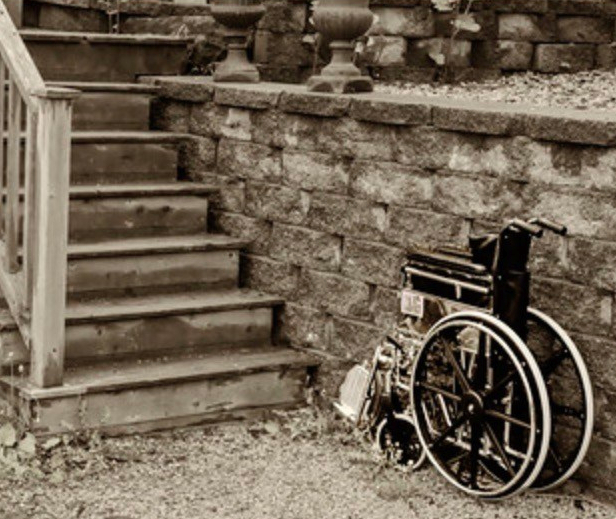
For the first time in ages, I did some research. I do not mean I did whatever it is that, when added to my teaching and administrative duties, sums to 100% of my contractual obligations as a university professor. I mean I researched something—I found out something I didn’t know, but which was there to be known. (‘What authority do Scottish courts now accord the 17th century ‘institutional’ writers, such as Erskine and Stair?’ There is a [vague] answer to this question, and I found out what it is.)
I also often try to find out what others are saying about things I’m interested in: so I do look at periodical databases, SSRN, Westlaw, and so forth. But that’s not really ‘doing research’. What’s more, that once-common activity of ‘keeping up with the literature’ has become, like visiting parish churches, the pastime of a certain class only. An influential philosopher told me he never reads the journals anymore: he has his own work to get on with. It takes a certain kind of person to assume that everyone else is waiting for your next, while you have nothing to gain from their last. (A kind of person now well represented in my subjects, and I suspect in the humanities more generally.)
But if I’m not doing research in jurisprudence, what exactly, or even roughly, have I been doing all these years? For a long time, I thought that it should be classified as scholarship. I arrived at that conclusion by applying this rough test:
R=df: If your failure, or delay, in writing something means someone else might do it first, then you’re doing research.
S=df: If your failure in writing something means that no one else will ever do it, then you’re doing scholarship.
I think you get the drift. But the definition of scholarship proves over-inclusive. No one else is going to write your poems either, and not just because of the metaphysical necessity of origins. It’s just that, if you don’t write them, they are not going to get written by anyone. There weren’t competing crews working on a Toy Boat, then Ocean Vuong’s crew crossed the line first. But that doesn’t make Toy Boat a piece of scholarship.
My definition also struggles with historical studies. In principle, someone else might be working on A History of Freemasonry in Kilbarchan, and might publish before you; but his will not be your history. Indeed, if your history is any good, it is unlikely to be just like his. He will approach your shared subject with different preoccupations, background, and maybe even methods. Still, both of your histories are likely to include, or produce, research.
I’ve now come to think that, not just my definitions, but my dichotomy of research and scholarship is too crude. I am now wondering whether we might think of some of our work in jurisprudence, or in philosophy more generally, as more like curating. (I wanted to write ‘curacy’, but OED tells me the word has been taken.) Like research, curating can find out things; like scholarship it can communicate things in a way unique to, or bearing the indelible imprint of, the creator. But curating also does something else.
A curator attempts to care for knowledge and culture we already have. Not by freezing it or ensuring no others can touch it, but by conserving it while placing it in a new context, or displaying it from a new angle, or in the company of new ideas, so as to make it intelligible and perhaps useful to those who follow us. A curator protects what we already know (and value), not only against forgetting, but also against the disintegrating forces of self-importance (including national self-importance) and against the blaring noise of the news cycle.
At the end of his play, The History Boys, Alan Bennet gives the closing words to Hector, the childlike schoolmaster whose career is ruined by his fumbling and fondling affection for the boys. But it is Hector, not the smarmy if effective Irwin (another, even more tragic, closet-case) who actually gives the boys an education. Irwin merely teaches them how to game the system and win places at Oxford. Yet Hector does neither research nor scholarship: he recites, assembles, displays and, especially, places in the context of their world some truths the boys need to know. Mostly, they are things everyone already knows, but which cannot be counted on to survive without care. Some truths are fragile:
“Irwin He was a good man but I do not think there is time for his kind of teaching any more.
Scripps No. Love apart, it is the only education worth having.
Hector Pass the parcel.
That’s sometimes all you can do.
Take it, feel it and pass it on.
Not for me, not for you, but for someone, somewhere, one day.
Pass it on, boys.
That’s the game I wanted you to learn.
Pass it on.”
The thought is put more sentimentally than we should in jurisprudence or philosophy. But Hector’s core idea now seems true to me—some of what we do, and some of what we should be doing—is neither research nor scholarship, but ‘passing the parcel’, in the hope that it will be of value to someone, somewhere, one day. It’s a decent, and honest, ambition.










